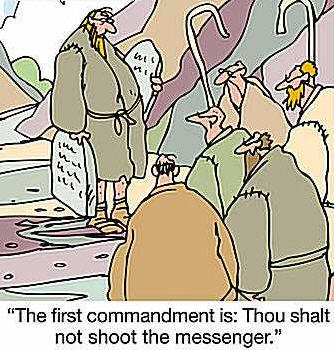I was once on a jury for a child sexual abuse case, brought two decades later than her fruitless report to Police. The Defence Barrister made me squirm, with his attempts to undermine her credibility.
“What colour was the garage door?” The Judge did nothing to curtail this. Much as Robert Richter QC was allowed ‘brutal examination’ of victims in the cases brought against Pell or Theophanus. Out of the mouths of babes: https://youtu.be/JUY23_cfI4o?t=64
I’m reading ‘Joe Cinque’s Consolation‘, by Helen Garner. Appalled by the callousness of the crime, she attended Court to observe the Law’s helplessness. “One of the props of the adversarial system, I began to see, is a curious charade that memory is a clear, coherent narrative, a stable and unchanging source of information, so that any deviation from a witness’s original version of an event can be manhandled to look like unreliability, or the intent to deceive.” I’m currently a witness for the Crown in a manslaughter case. At the committal I was twice slammed by the Magistrate for having an ‘aide memoir’ in the witness box – a diary and email device. Yet the barristers have tables spread with documents, and are accompanied by solicitors trucking around files. The incident was over five years ago.
The result of one-sided knowledge of exact facts is that outcomes depend upon language’s power, and the most assertive Counsel wins. The witness to an event can make no statement correcting an assertion. “Just answer the question, Mr Kirwood”.
Australian Admissibility of Evidence law is among the world’s weakest. China is at the other extreme – having allowed torture to get at the truth. But as any whistleblower knows, collecting Commercial-in-Confidence evidence is a crime of theft. The UK brought legislation to permit such, if it’s in the public interest. And surely, where public monies are involved that should apply. Under Sn 70 of our Crimes Act (1914)… A person who, being a Commonwealth officer, publishes or communicates,… any fact or document which comes to his or her knowledge means that Public Servants are liable for 2 years jail – regardless of the extent of corruption uncovered in the course of their work.

I once worked in organised crime, scamming a national infrastructure project. The Cartel (‘mafia’ is inaccurate, as not all offenders were from Sicily) operated with total impunity. The response letter from Attorney General Brandis to me, then working for an ASE listed company, started: “… employer corruption as matters relating to the Royal Commission into Trade Union Governance and Corruption“. And suggested that I make a submission, to blame some Union or other. Upon seeking the advice of Julian Burnside QC, it was explained that “fraud is not covered by confidentiality under the ‘iniquity rule’, whereby serious wrongdoings such as a crime, civil wrong or serious misdeed of public importance cannot be suppressed by a contractual obligation of confidentiality.” Fraud isn’t sufficiently serious to warrant breaching confidentiality in private industry on govt contract, and government has blanket secrecy.
What could go wrong with that?
Switch back to the other end of the severity scale from white-collar crime. “…the first conviction for corporate manslaughter in Victoria occurred as late as 1994, when Denbo Pty Ltd pleaded guilty and was fined $120,000. Note, however, that Denbo was in liquidation at the time and was able to avoid paying the fine— although it did resume its activities under a new corporate name and personality.” *
Boxer Dean Waters confessed to the murder of his father’s ex-lover’s partner, pleading guilty to manslaughter. Acquitted due to his mental state, owing to duress from his father (although 25yo at the time). Another younger boxer who visited for the father’s training, and who set up the hit, served 13 years.
Or consider the benchmark case of Taktak – an addict who procured 2 street prostitutes for his dealer. Called to collect an unconscious 15yo girl, he took her home. As her colour leaves, and she’s vomiting, he calls the dealer – who contacts a GP. She dies, a jury finds him guilty of manslaughter, but the sentence of 13 years is overturned on appeal.
He walks free.
There was uncertainty as to exact time of death, and appropriateness of Taktak’s actions.
Unlucky 13. The Law is not only inexact – it’s utterly random.
* Arenson, Bagaric & Gillies, 2014








